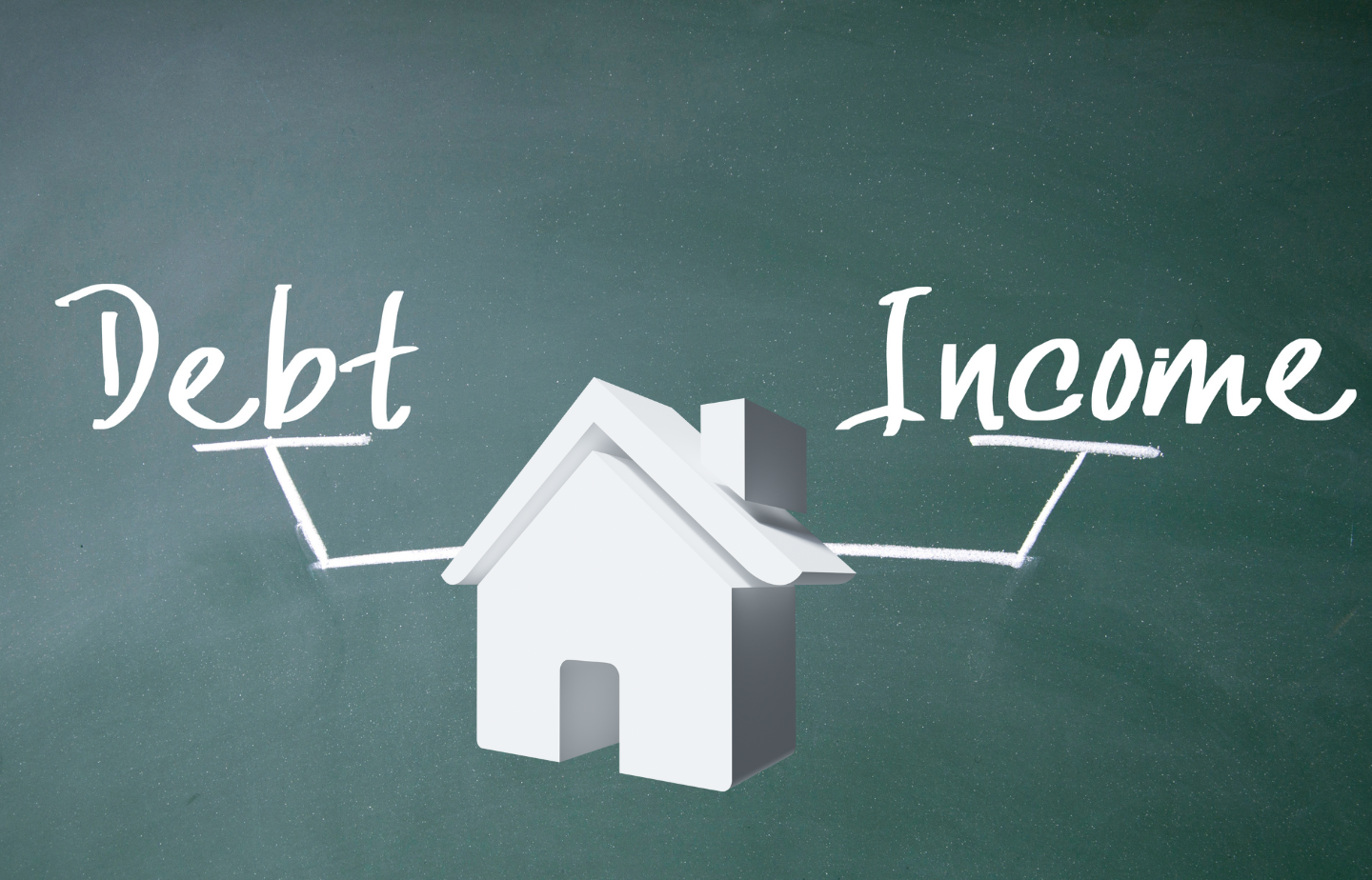 When you apply for a mortgage, your lender will do some quick math to figure out how much of a loan you can afford. Your lender will consider many factors, and one of the most important ones is your debt-to-income ratio. It is usually shortened to DTI, and understanding this formula can help you better understand how big of a house you can afford.
When you apply for a mortgage, your lender will do some quick math to figure out how much of a loan you can afford. Your lender will consider many factors, and one of the most important ones is your debt-to-income ratio. It is usually shortened to DTI, and understanding this formula can help you better understand how big of a house you can afford.
An Overview Of A DTI
Your DTI represents the amount of money you spend compared to the amount you make. Your lender is going to have very strict DTI requirements when deciding whether you can be approved for a mortgage. The lender wants to make sure you are not taking on a loan that you cannot afford to pay. If you cannot pay back your mortgage, your lender ultimately loses that money. Generally, your lender will want to see a lower DTI as they go through your application.
Front-End DTI
Your front-end DTI includes all expenses related to housing. This includes your homeowners’ association dues, your real estate taxes, your homeowners’ insurance, and your future monthly mortgage payment. In essence, this will be your DTI after your lender gives you a potential loan.
Back-End DTI
Then, your lender is also going to take a look at your back-end DTI. This the first two other forms of debt that could go into your DTI. A few examples include car loans, student loans, credit card debt, and personal loans. Generally, this is the most important number because it is debt that you already carry when you apply for a mortgage. Your lender can always make adjustments to your home loan to fix your front-end DTI, but your lender does not have any control over your back-end DTI.
What Is A Strong DTI?
Every lender will take a slightly different approach, but lenders prefer to see a total DTI somewhere around 32 or 34 percent. If you already have this much debt when you apply for a mortgage, you may have a difficult time qualifying for a home loan. On the other hand, if you don’t have a lot of debt, your lender may qualify you for a larger home loan.

